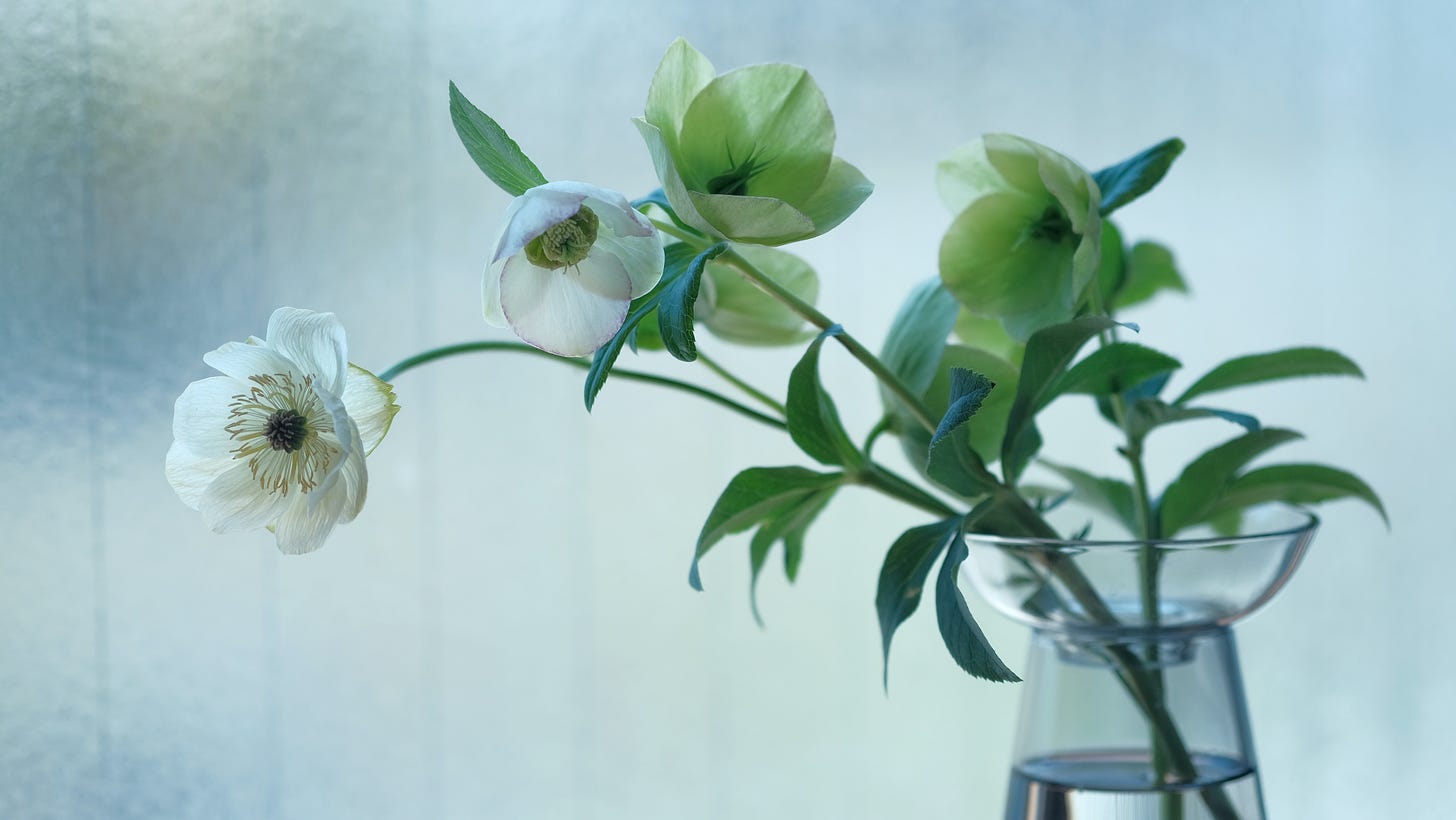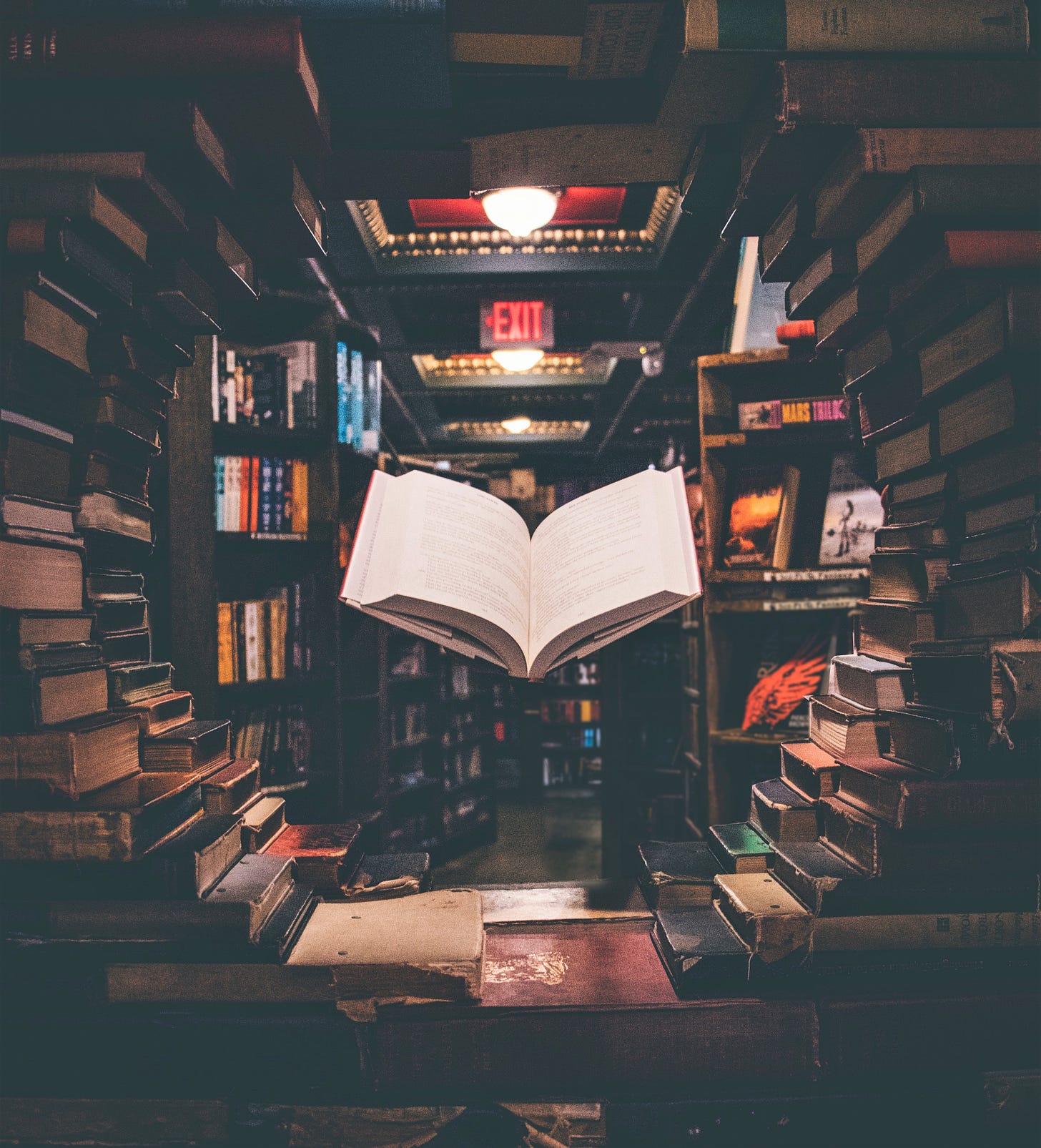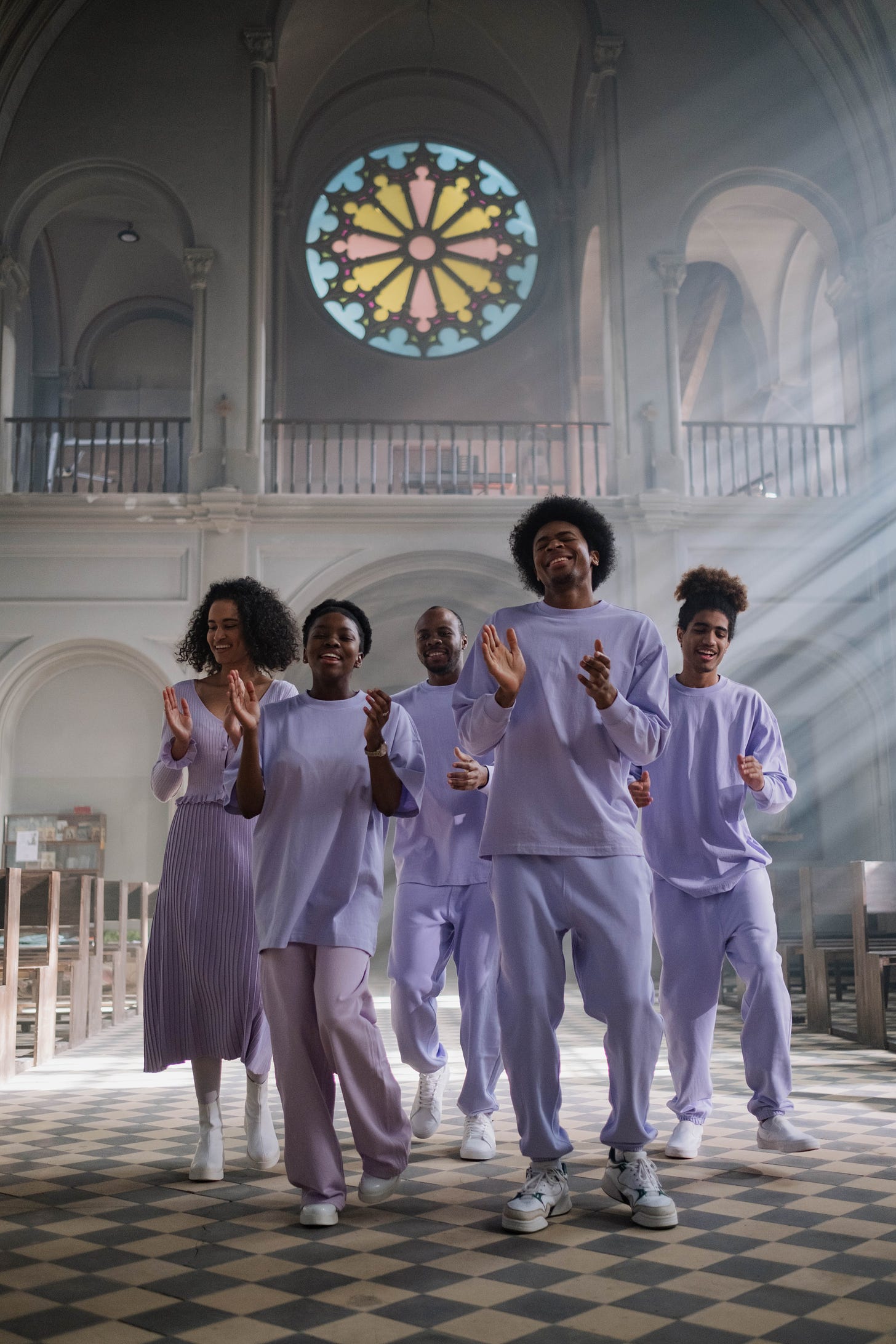I’ll tell you how it started.
Sometime before the turn of the millennium, as a graduate student living three thousand miles from home, I began to puzzle over a nineteenth-century writer whose use of the word “enchantment” caught my attention and held it.
With self-conscious and playful extravagance, this writer referred to the opera as a “temple of enchantment.” Books, too, enchanted. So did lovely weather, attractively dressed people, walks in the mountains, and early mornings in the city. So did skillful con men and women, hucksters, and frauds.
The writer wasn’t just being genteel and Victorian, evoking magic to describe unmagical experiences. The old-fashioned, hyperbolic word drew attention to the feeling of being “under the spell” of an extraordinary feeling in an otherwise ordinary life.
I suppose I was drawn to this writer because I wanted a little more enchantment in my life—the good kind, of course. Not that enchantments were lacking, but who doesn’t get a little greedy sometimes for more?
I was a doctoral student, teaching four classes on two campuses and writing my dissertation. Shoulder-high wainscotting made an underground treehouse of my basement studio in the Bronx. Security-bars guarded a few high windows the size of an open dictionary. In the dim room, I stationed the dresser and the bookshelf back-to-back in the middle of the floor, separating a sleeping area from a living room.
Overhead, the Hale-Bopp comet hung like the flower of a late-winter hellebore, drooping but durable in the miraculous sky.1
From the bookshelf, a row of brown bindings exchanged blank stares with me on quiet nights. The set was a gift. I looked up what the critics had to say about the writer whose name was on the cover page. He was a Victorian peddler of sensations, agreed the critics, exhausting his small talent and then repeating himself for money when the good ideas were gone. Ouch!
Slouching under a heavy blanket I had crocheted from budget skeins of drug-store yarn, I read about a fellow bookworm who took down “a prized, battered, and coverless volume from a hidden recess in the rafters,” wrapped himself in a thick blanket, and “gave himself up—as he had given himself up, I fear, many other times—to the enchantment of the page before him” (emphasis mine).2
Sensational prose abounded in the plain brown volumes, but unlike the critics before me, I could not muster the scorn to write it off. I gave myself up to the Victorian peddler of sensations.
I read about someone walking through the forest, alert to the sounds; about a young man plunging into a forest pool to remove the dust of travel and the residue of a murder; about a woman riding through the night on horseback to reach her home before the sheriff claimed it to cover her absconding husband’s debts. I saw what the other critics had seen—racy plots of no particular importance. I also saw many, many bursts of sound and light when the author was getting at something truthful about the way we humans give ourselves up, willingly, sometimes, to a power beyond ourselves.
He hit upon it in the short story “An Apostle of the Tules” (1885), when Gideon Deane overheard the gambler Jack Hamlin practicing hymns for a funeral and found himself moved to join in:
As the whole room seemed to throb with the music, Gideon felt himself again carried away. . . . Together they forgot everything else, and at the end of an hour were only recalled by the presence of a silently admiring concourse of votive-offering friends who had gathered round them.3
I had sung with ensembles that felt like that. I counted those experiences among the great privileges of my young life. I knew what the writer was talking about. The prose was extravagant, yes, but also it was true.
And this writer who caught my interest back when the comet held the sky? His given name was Francis Brett Harte. He shortened that and enjoyed international fame in the latter half of the nineteenth century as Bret Harte. He is best known as a humorist specializing in California Gold Rush stories. However, he had no particular love for California; he simply happened to live there at historic time, from 1854 to 1871, in the transition from the Gold Rush to urban modernity.
He had a lot to say about that time, but I am most interested in what he had to say about the transcendent, boundary-breaking, world-making experience of art—the sneaking under blankets to read novels, or the sidling up next to a clear-voiced singer to twine voices in a hymn.
Because of his sustained interest in this subject of enchantment and its relation to (lower-case) united states, Bret Harte is likely to be a frequent literary touchstone in this project. Other writers will be introduced in their good time.
Do you have a writer (or composer, or artist) who reminds you of life’s enchantments? Comments are open and, should this new project and this post find readers, I’ll be glad to hear about your favorites!
Credits:
Hellebore flower by 8kka ame on Unsplash.
Floating book (cropped) by Jaredd Craig, Unsplash.
Hale-Bopp comet viewed from Croatia, 29 March 1997. Photo by Philipp Salzgeber via Wikimedia.
Choir singing in church by cottonbro studio on Pexels.
Wikipedia tells me the Hale-Bopp comet was visible even in bright northern cities like New York from January to April 1997. I looked up for it over my small yard in the Bronx when I came home in the dark, then dusk, that winter and spring. I left New York City after seven years that May. It’s funny that enchantment has become a popular subject since the turn of the millennium after nearly a century out of fashion. Is it possible that those of my generation writing now about enchantment will all have a comet story? . . . ?
Bret Harte’s novella, A First Family of Tasajara, appeared serially in Macmillan’s magazine in 1891. Quotations from A First Family are from The Writings of Bret Harte, volume 8 (Houghton Mifflin, 1896), p. 62.
“Apostle of the Tules,” The Writings of Bret Harte, volume 4, p. 331.








The first writer I thought of is Annie Dillard in her essay, "Total Eclipse." In order to prime my imaginative landscape, I read her essay prior to experiencing the solar eclipse of 2017. It worked. All alone in the backcountry with just my camera and a notebook, I was enchanted. I even have a picture of me standing by a footbridge and toasting the universe with a glass of Irish whiskey as the lights were coming back on.
Finally caught up with this — thanks for linking it. It strikes me as the beginning of a book — I hope you are writing it!